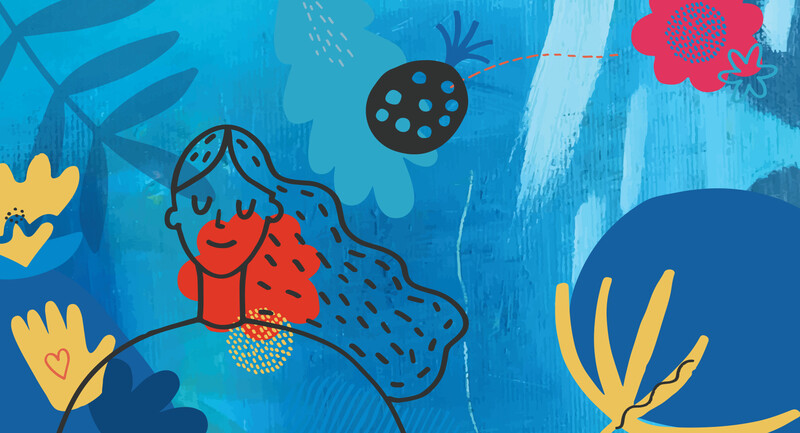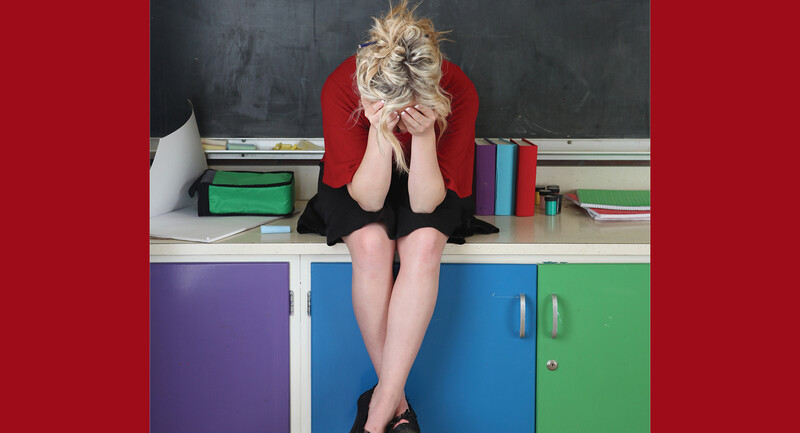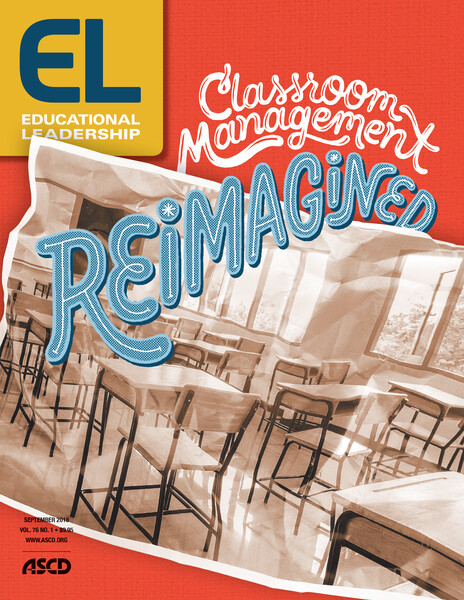Katherine Reynolds Lewis, an award-winning journalist and certified parent educator, is the author of The Good News About Bad Behavior: Why Kids Are Less Disciplined Than Ever—and What to Do About It (Public Affairs, 2018).
You say in your book that we are facing a "crisis in self-regulation" among kids today. What do you mean by that? What factors have led to this crisis?
In my five years of reporting and research for this book, I kept hearing from teachers and parents that kids today seem different. They have difficulty resolving conflicts. They can't sit in their seats. They struggle with anxiety and perfectionism. The scientific literature supports these perceptions: A National Institutes of Health study found that one in two children has a mood or behavioral disorder or substance addiction by age 18. In the past decade, the suicide rate has doubled for children 10 to 14 years old and risen 41 percent for teens 15 to 19 years old. Our kids are in crisis. They need better support to manage their emotions, thoughts, and behavior.
It's hard to prove definitively what caused this—it could be some environmental factor we don't yet understand. But in research studies, three large-scale changes in our society are associated with higher rates of anxiety, depression, and attention problems. Those are the disappearance of unstructured, outdoor childhood play, the growth of media and technology, and the fact that kids are "unemployed"—in that they often don't have meaningful ways to contribute to the family or community, especially ways that aren't achievement- or competition-oriented.
What are some common mistakes adults make in responding to misbehavior or defiance by children? Why won't the "old methods" work with today's kids?
The most common mistake adults make is to feel their authority is being challenged and they have to crack down to make the child behave or respect them. Instead, if adults can see the child having difficulty meeting the needs of the situation, they can turn to problem solving and ask, "What skills does the child need to strengthen in this moment?" Or perhaps, "What routine or aspect of the environment needs to change for the child to succeed." When adults stop taking misbehavior personally, they can more clearly find a path to stopping it. Reward-and- punishment methods don't work because many children don't have the social-emotional skills to do what's needed. They don't need stronger incentives to behave, they need ways to learn and develop.
You advocate for an "apprenticeship model" for helping kids improve behavior. What does that consist of? Why is it effective?
The Apprenticeship Model consists of three steps: connection, communication, and capability building. That's connection between an adult and child as the foundation for discipline, communication about the behavior or problem at hand, and a systematic approach to building that child's skills, both social-emotional and life skills. The model emerged from my reporting on four different discipline models that are successful in improving children's self-regulation, with long track records.
Your book is directed to parents, but you also highlight the work of schools and educators. What does effective discipline look like in a classroom setting?
The most successful educators I talked to understood the impact of trauma on children and how important the adult-child relationship is. They took every opportunity to connect with children, to understand their lives and interests, before jumping in with a correction or reprimand. They set high expectations and clear boundaries, but responded with empathy and nurturing when children inevitably messed up. They saw their role as helping children progress in behavior, rather than expecting them to have everything be perfect or like clockwork.
In well-managed classrooms, children know their role and the limits, but teachers also meet children where they are. It's not necessarily rows of silent children with heads bent over their desks. Students might be popping out of their seat to get a sip of water or self-regulation resource, like a glitter ball or mini-elliptical. The best teachers understand that students who misbehave aren't bad kids, they're children who need support in learning to manage their behavior, emotions, and thoughts.
What advice would you have for an educator who is struggling with student behavior? What's the first step to take?
The first step is to look at the relationship and try to strengthen it. That could mean asking about the student's interests or concerns; it could be sharing something about yourself, if appropriate. Or just inviting the student to eat breakfast or lunch with you. Get the student's perspective on the issue and what might help. Most of all, don't take the student's behavior personally. You can have such a huge impact on their lives if you see this as a puzzle you will solve together.
Editor's note: This interview has been edited for space and clarity.





